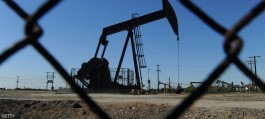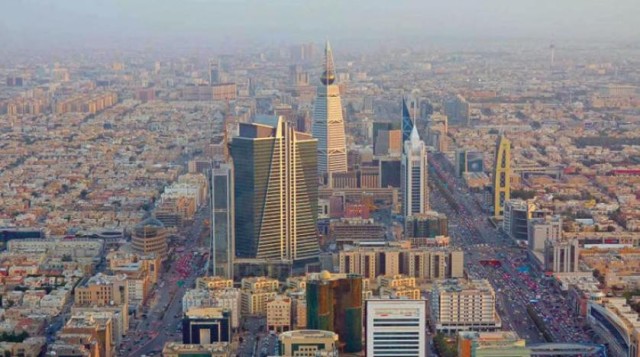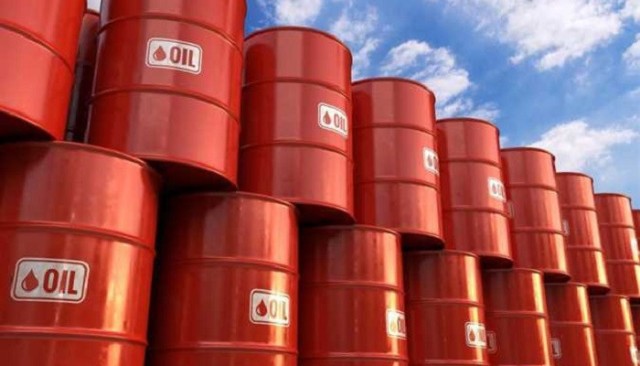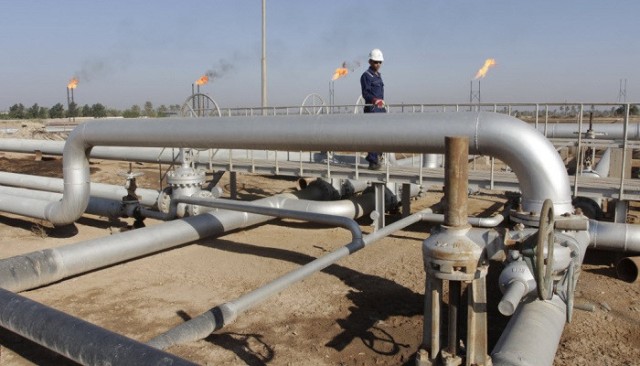Oil prices continue their losses after losing 1% last Friday, due to the Kingdom of Saudi Arabia reducing crude prices to Asian buyers, while the outbreak of the Covid-19 virus continues to cloud the demand outlook.
According to Arab Net, US West Texas Intermediate crude futures fell in New York to below $69 a barrel, while Brent, the global benchmark, is trading below $72 a barrel.
The kingdom cut the price of its main October crude by more than twice as expected, just days after OPEC+ agreed to continue boosting production.
Warren Patterson, head of commodity strategy at ING Groep NV in Singapore, said the level of cutbacks from Saudi Arabia to Asia was a surprise, and that doesn't send a huge signal to the market in terms of demand dynamics. current, according to Bloomberg.
Saudi official prices for oil sales to the United States, northwest Europe and the Mediterranean were stable or with little change, indicating that oil flows were prioritized to Asia.
The sharp rise in oil prices during the first half of the year was interrupted by the delta mutation of the Corona virus, which led to renewed restrictions on movement. Adding to the recent downtrend has been the willingness of governments to release strategic reserves, reducing the need for supplies from the market.
On the other hand, OPEC and its allies expected global oil markets to continue tightening this year even as production revived, before sliding back into surplus again in 2022. With Standard Chartered expects OPEC+ to halt its monthly supply increases by December, while Rapidan Energy Group also expects a pause.
It has been difficult for analysts and traders to build a coherent picture of global demand forecasts, as many countries consider acquiring booster vaccines to deal with still high infection rates. . However, fuel consumption in the United States has risen to a record level, while crude oil stocks have also fallen in major storage centers such as Saldanha Bay, in a sign that the glut caused by the pandemic is fading fast.
Separately, dealers are closely watching the return of oil production and refineries affected by Hurricane Ida. The United States has given a second Louisiana refiner access to emergency crude oil stocks in the country, as most oil production platforms in the Gulf of Mexico remain unconnected.









































